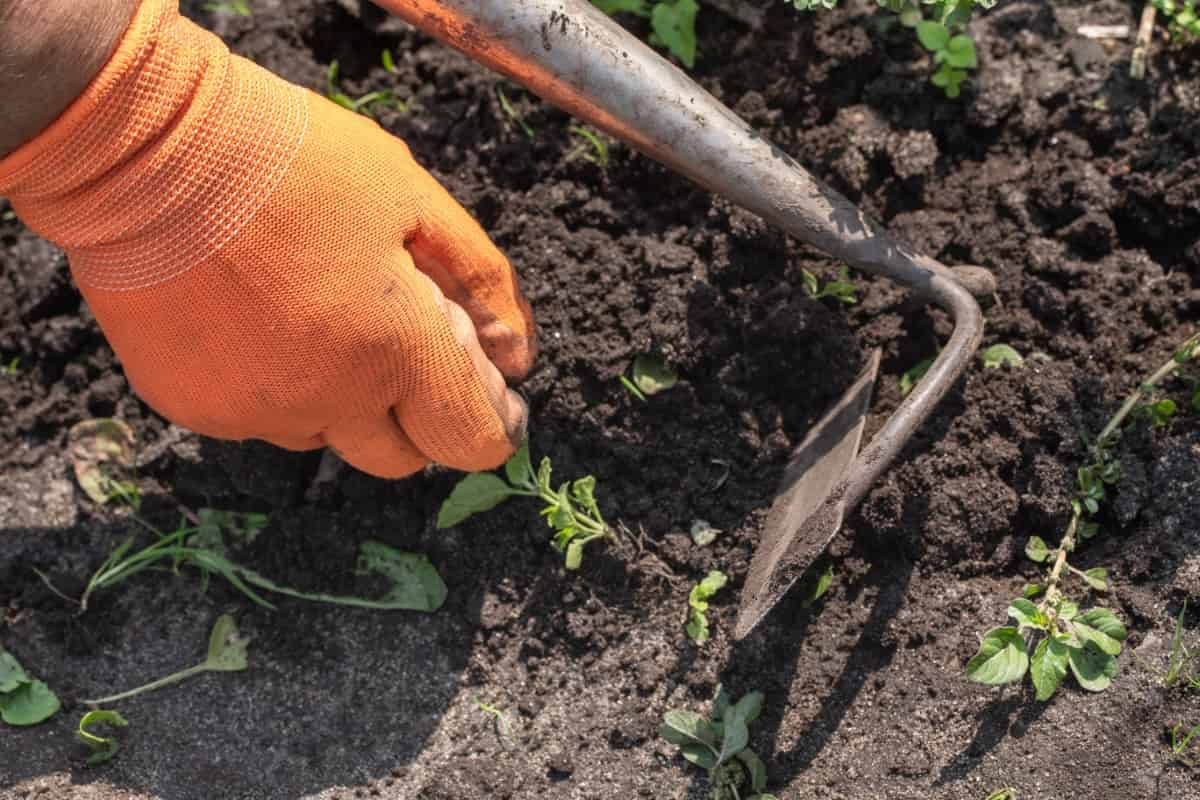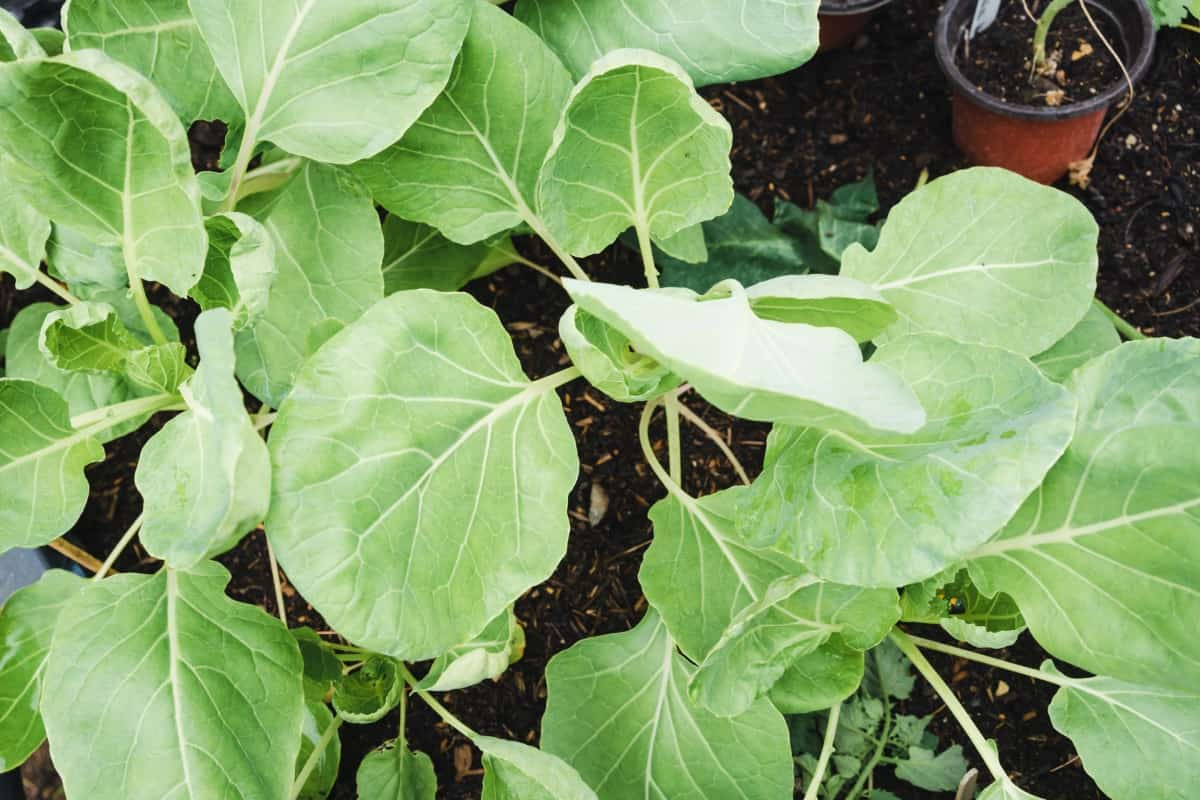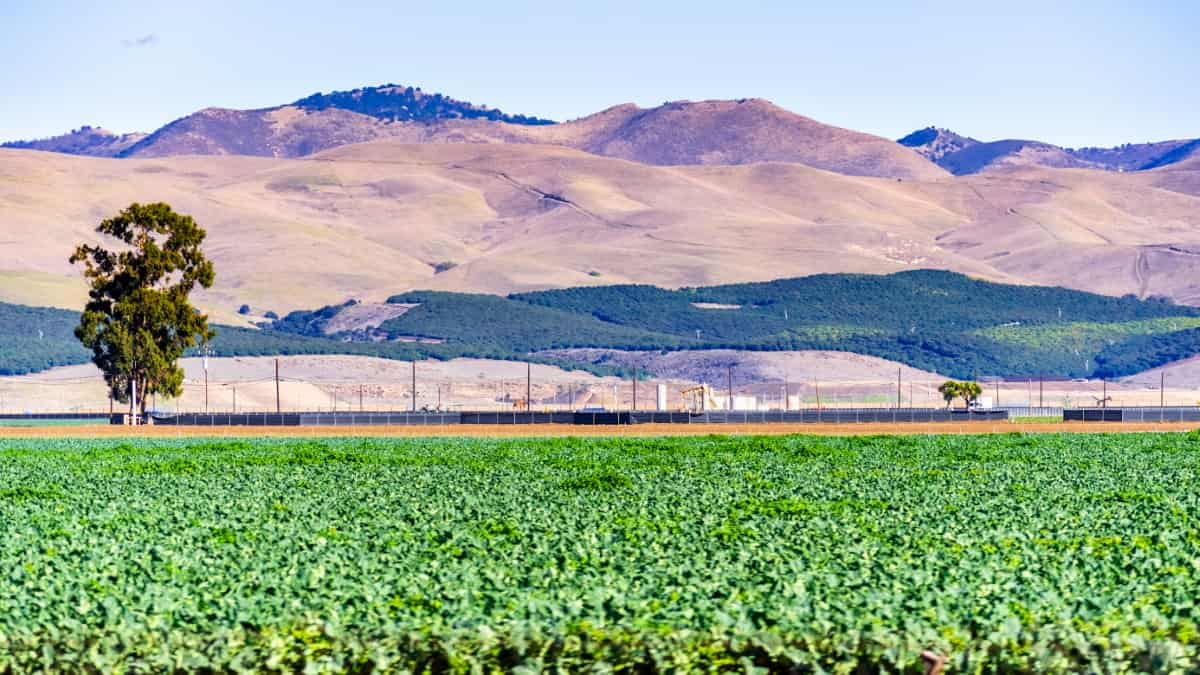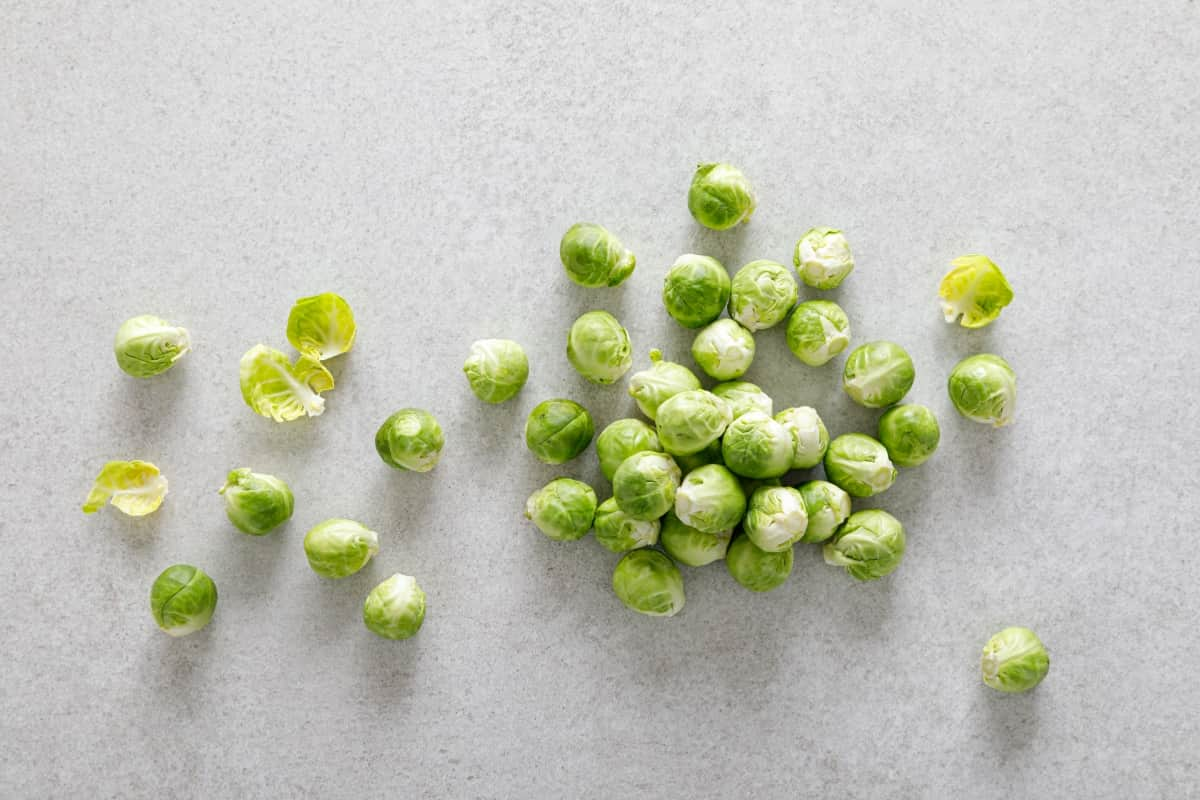Cultivating Brussels sprouts can be a profitable business, but effective weed management is essential for a successful harvest because weeds can greatly affect the market value of Brussels sprouts. The production technology of Brussels sprouts has evolved, yet weed control remains a pivotal challenge. Brussels sprouts, a member of the Brussels sprouts family, have a specific growing season, and managing weeds during this period is critical for yield and quality.

Effective weed control in Brussels sprouts farms involves understanding the types of weeds, their growth patterns, and the best strategies to manage them, ensuring that the cultivation of Brussels sprouts, especially during the Brussels sprouts growing season, is productive and profitable.
Weed Control Strategies in Brussels Sprouts
Challenges of Weed Control in Brussels Sprouts Farms
Weed control in Brussels Sprouts farms presents unique challenges due to the specific needs of Brussels Sprouts cultivation. These challenges include dealing with weeds that compete for nutrients, light, and space, which are crucial for the healthy growth of Brussels sprouts. The Brussels sprouts growing season is a critical time when weeds can quickly overrun the crop, making it essential to have effective weed management strategies in place.
Additionally, the choice of weed control methods can impact the price of Brussels sprouts, as consumers increasingly prefer products grown with sustainable and environmentally friendly practices. These challenges necessitate a comprehensive approach to weed management that considers the specific requirements of Brussels Sprouts cultivation within the broader context of agricultural sustainability and market demands.
Mechanical Weed Control Methods for Brussels Sprouts Farms
Mechanical weed control methods are vital to weed management in Brussels Sprouts farms. These methods involve physically removing or destroying weeds and are especially useful during the Brussels sprouts growing season. Tools like hoes, cultivators, and plows are commonly used to uproot or cut weeds, preventing them from competing with Brussels sprouts for essential resources.
In case you missed it: How to Grow Brussels Sprouts in Greenhouse: Best Practices for Beginners

Mechanical weed control is labor-intensive but offers a sustainable and chemical-free option that can appeal to consumers and positively influence the price of Brussels sprouts. It’s important to time mechanical weeding correctly to minimize damage to Brussels sprouts and maximize the effectiveness against weeds. Mechanical methods, as part of the production technology of Brussels sprouts, play a crucial role in maintaining the balance between effective weed control and sustainable cultivation practices.
Chemical Weed Control Options for Brussels Sprouts Farms
Chemical weed control is a widely used method in Brussels Sprouts cultivation, offering an efficient way to manage weeds, especially during the Brussels Sprouts growing season. This method uses herbicides that target specific weeds or a broad spectrum of unwanted plant growth. The choice of chemical weed control must consider the impact on the Brussels sprouts, the environment, and the Brussels sprouts price, as consumers are increasingly aware of chemical residues in food products.
It’s essential to use herbicides that are effective against the prevalent weeds in the area while being safe for Brussels sprouts and the environment. Proper application techniques and adherence to safety and environmental guidelines are crucial when using chemical weed control in Brussels sprout farms. When used responsibly, this approach can be part of an integrated weed management strategy in the production technology of Brussels sprouts.
Biological Weed Control Approaches for Brussels Sprouts Farms
Biological weed control approaches in Brussels Sprouts farms involve using natural enemies or biological agents to manage weed populations. This method, aligning with the natural ecosystem, can include introducing certain insects or microorganisms that specifically target and suppress weed growth.
Biological control is particularly advantageous during the Brussels sprouts growing season, as it reduces the need for chemical interventions. Implementing biological control in Brussels sprouts cultivation can be a part of a broader strategy to enhance the appeal of the produce to environmentally conscious consumers, potentially positively affecting the Brussels Sprouts price.
Integrated Weed Management in Brussels Sprouts Farms
Integrated Weed Management (IWM) in Brussels sprouts farms combines various weed control techniques to achieve effective and sustainable weed management. This approach includes a mix of mechanical, chemical, biological, and organic methods tailored to the specific conditions of the Brussels sprouts farm. IWM considers the life cycle of weeds, the Brussels sprouts growing season, and the environmental impact of weed control practices.
In case you missed it: 9 Common Problems With Brussels Sprouts Plants: Treatment and Solutions

By integrating different methods, farmers can manage weeds more effectively while reducing reliance on any single technique, such as chemical herbicides. This holistic approach benefits the Brussels sprouts cultivation in terms of yield and quality and aligns with environmentally sustainable practices, potentially enhancing the market value of the Brussels sprouts.
Organic Weed Control Practices for Brussels Sprouts Farms
Organic weed control practices in Brussels Sprouts farms focus on using natural and sustainable methods to manage weeds. These practices include mulching, which suppresses weed growth by blocking sunlight, and crop rotation, which disrupts weed life cycles. Organic methods also emphasize soil health, as healthier soils can reduce weed problems and support the robust growth of Brussels sprouts.
Hand weeding, although labor-intensive, is another organic method often used. These practices are particularly important for farms that aim to produce organic Brussels sprouts, as they adhere to organic farming standards. Organic weed control supports the farm’s sustainability and can positively influence the Brussels Sprouts price by catering to a growing segment of consumers seeking organically grown produce.
Economic Considerations in Weed Control for Brussels Sprouts Farms
Economic considerations in weed control for Brussels sprout farms are crucial in ensuring the profitability and sustainability of the cultivation. The cost of weed control methods, whether mechanical, chemical, biological, or organic, must be balanced against Brussels sprouts’ potential increase in yield and quality.
In case you missed it: Pest and Disease Management in Brussels Sprouts: Strategies for Healthy Brussels Sprouts Farming

The choice of weed control strategy can also impact the price of Brussels sprouts, as consumers may be willing to pay more for products grown using environmentally friendly methods. Farmers need to consider both the short-term costs and long-term benefits of their weed control practices. Investing in efficient and sustainable weed management can lead to higher yields, better quality produce, and a stronger market position, ultimately affecting the profitability of Brussels Sprouts cultivation.
Conclusion
Effective weed control is essential for successfully cultivating Brussels sprouts, impacting the crop’s yield and quality. Farmers have a variety of methods at their disposal, including mechanical, chemical, biological, organic, and integrated weed management approaches. Each method has strengths and challenges, and the choice largely depends on the farm’s specific conditions, goals, and economic considerations.
Sustainable weed control practices contribute to the ecosystem’s health and cater to the growing consumer demand for environmentally responsible farming practices. Ultimately, the success of weed control in Brussels Sprouts farms hinges on a balanced and informed approach that optimizes yield and quality while minimizing environmental impact, thereby ensuring the long-term viability and profitability of Brussels Sprouts cultivation.
- Feed Your Flock for Less: Top 10 Tips to Save on Chicken Feed
- Ultimate Guide to Ossabaw Island Hog: Breeding, Raising, Diet, and Care
- Hatching Answers: The Top 10 Reasons Your Chickens Aren’t Laying Eggs
- Eggs and Economics: Breaking Down the Cost of Raising Backyard Chickens
- Defend Your Greens: Proven Methods to Keep Iguanas Out of Your Garden
- Ultimate Guide to Cinnamon Queen Chicken: A Comprehensive Guide for Beginners
- Ultimate Guide to California Tan Chicken: Breeding, Raising, Diet, Egg-Production and Care
- Ultimate Guide to Marsh Daisy Chicken: Breeding, Raising, Diet, and Care
- 10 Types of Chicken Farming Businesses You Can Start for Profits